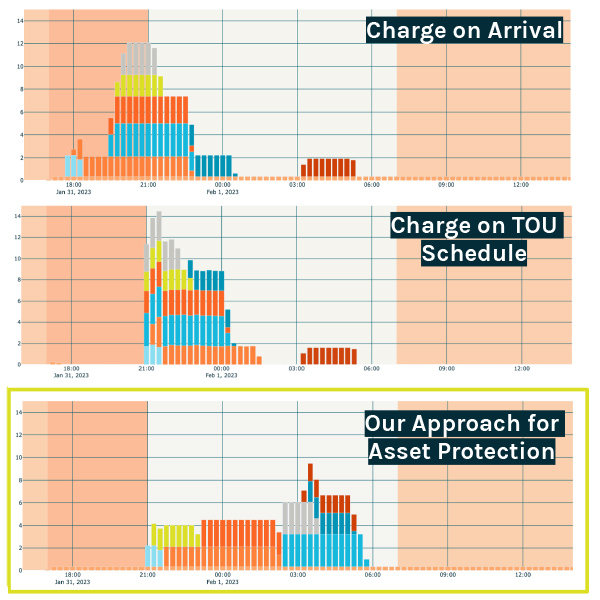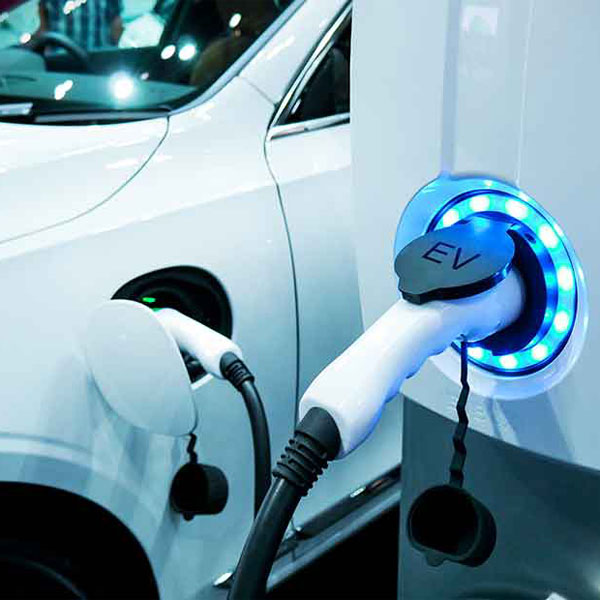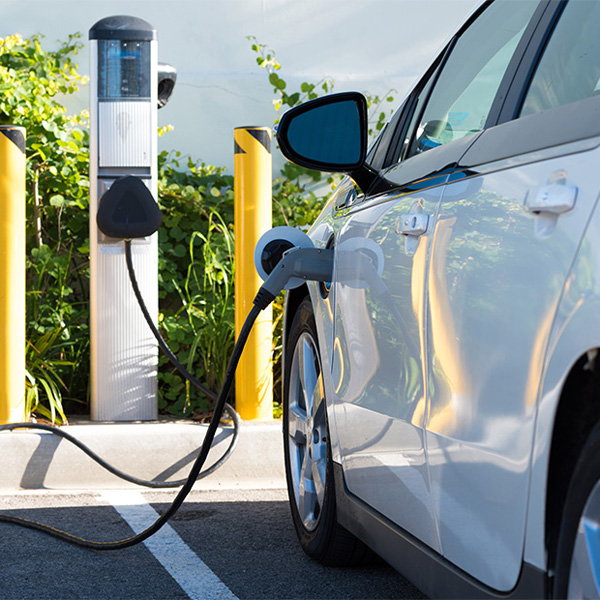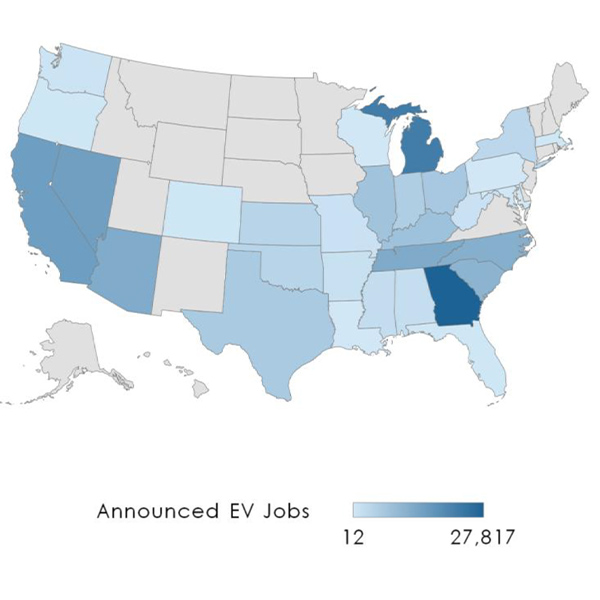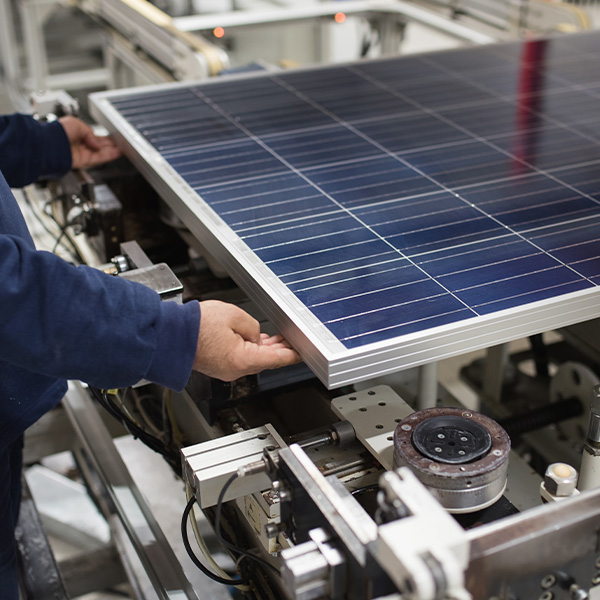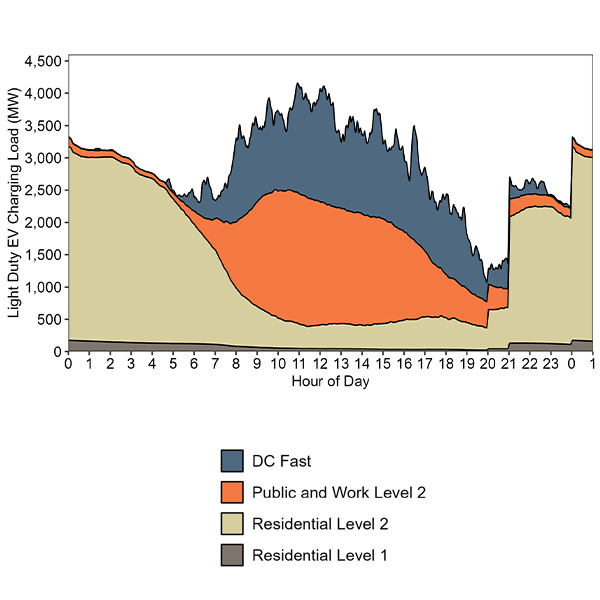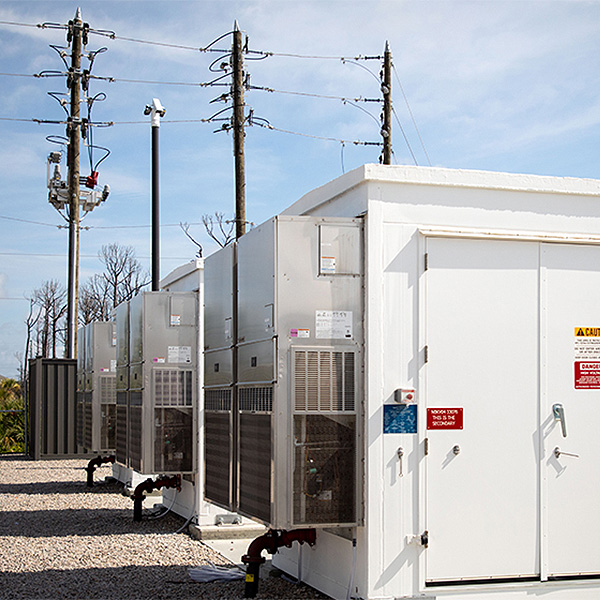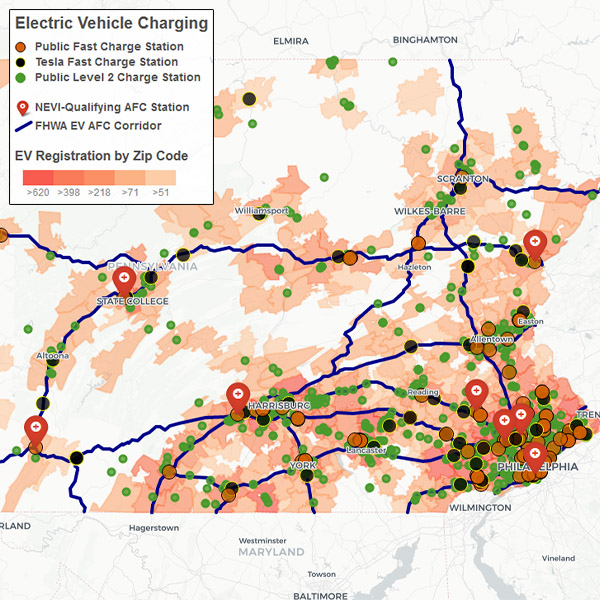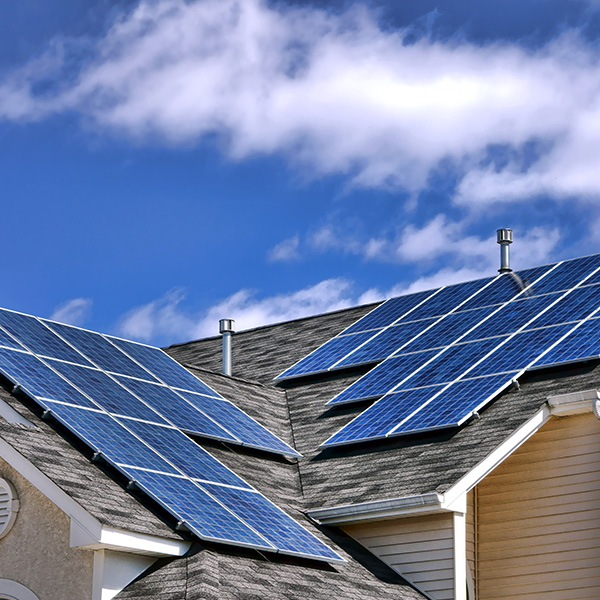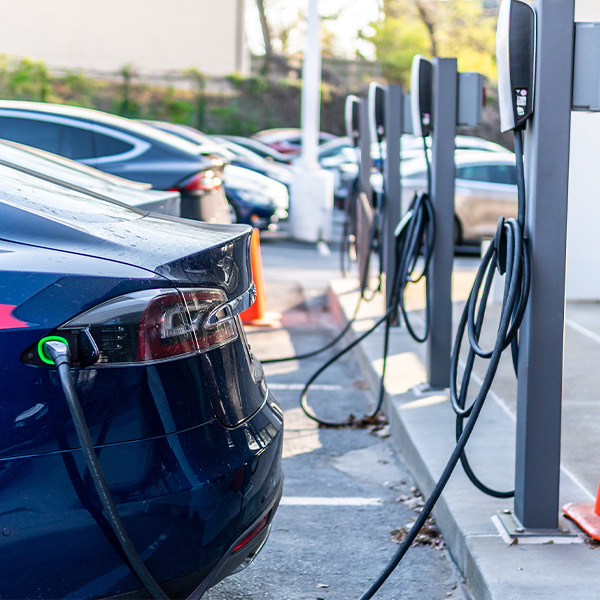Battery Electric Vehicles
A pilot program using smart EV charge management to smooth distribution loads and improve demand response has been so successful one utility is adopting the program permanently.
New Jersey’s planned adoption of California’s Advanced Clean Car II rules stirred a heated exchange as business groups argued that the state is far from ready for a sudden surge in electric vehicle use.
New Jersey’s plan to adopt California’s Advanced Clean Cars II (ACCII) rules should be abandoned, a coalition of 100 business groups said in a letter to legislative leaders.
The Southeast Alliance for Clean Energy's report found that despite being responsible for 40% of all new investments in EV manufacturing, sales in the Southeast range from only 2.5% to 7% of vehicle sales, below the national average.
Starting in 2024, consumers buying an electric vehicle that qualifies for a $7,500 tax credit under the Inflation Reduction Act.
California will need to double its public EV charging infrastructure between 2030 and 2035, according to a new report by the state's Energy Commission.
Duke Energy Progress and North Carolina Eastern Municipal Power Agency filed a settlement with FERC regarding the latter using batteries to shave its peak demand.
Pennsylvania announced an investment of federal funds totaling $33.8 million to install 54 EV charging projects as the state seeks to put more EVs on state roads.
Even after a series of public hearings on New Jersey's proposed storage incentive program, debate remains over whether utilities should be allowed to own storage projects.
North Carolina regulators approved a new, voluntary electric vehicle charging program where Duke Energy will rent and maintain chargers for its customers.
Want more? Advanced Search
